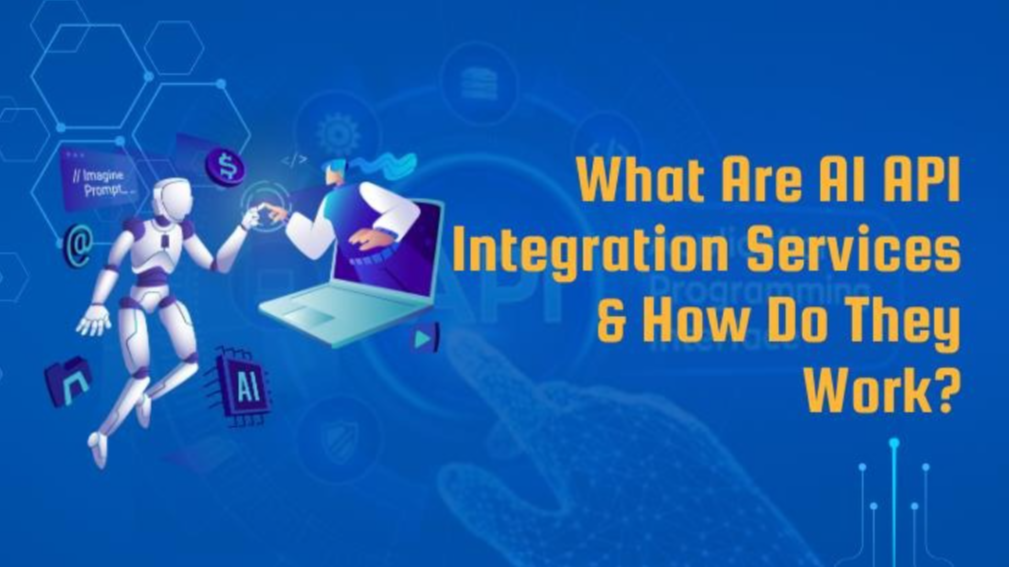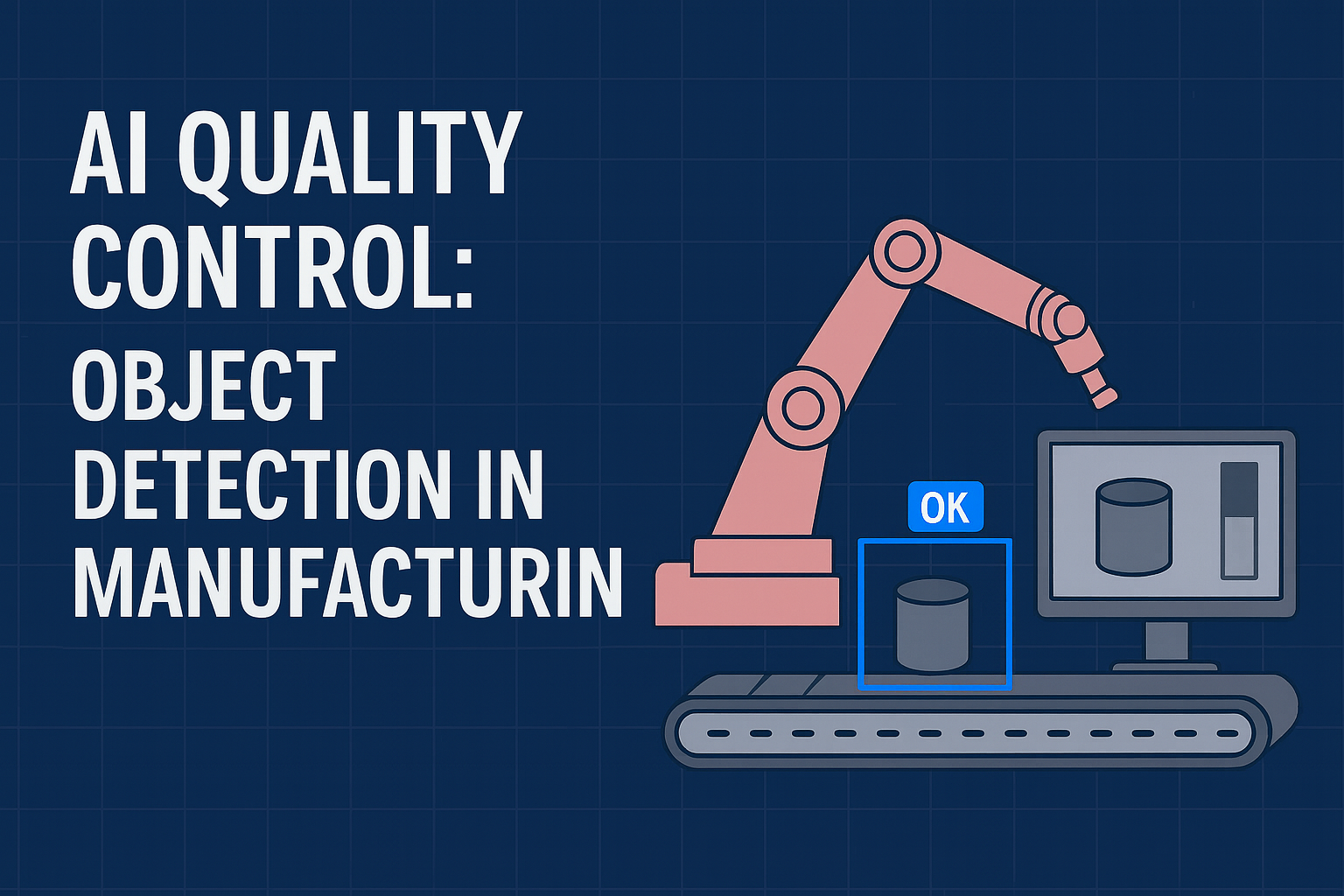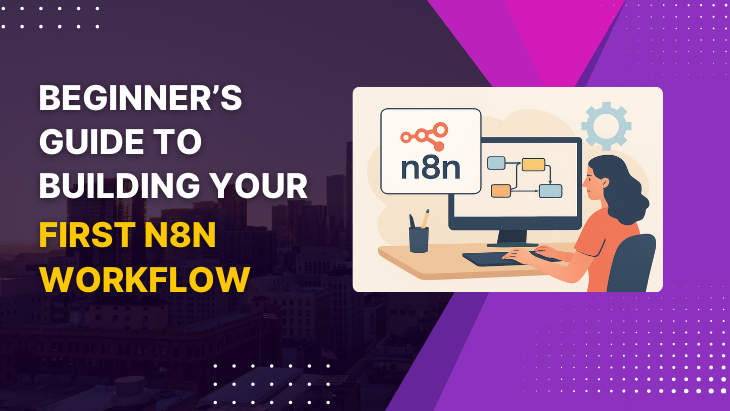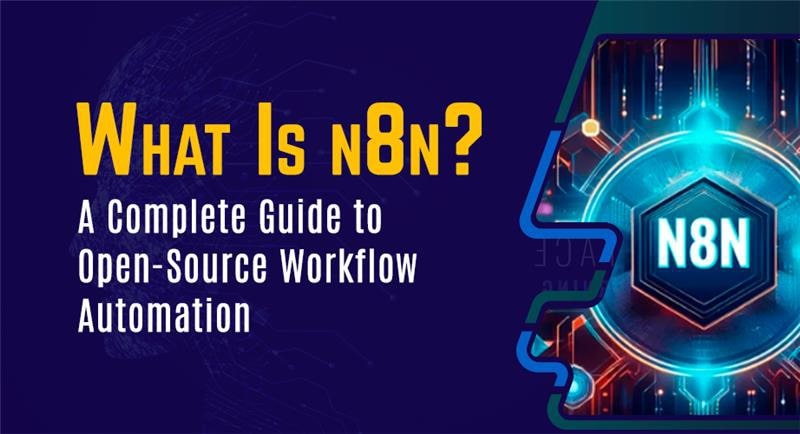Artificial Intelligence (AI) has revolutionized industries across the globe, enhancing business efficiency, automating processes, and improving customer experiences. One of the most effective ways businesses can leverage AI is through AI API Integration Services. AI APIs (Application Programming Interfaces) enable companies to integrate AI capabilities into their existing applications, products, and services without the need for extensive development.
This blog will explore AI API Integration Services, their benefits, how they work, and why businesses should adopt them.
What Are AI API Integration Services?
AI API Integration Services involve the seamless incorporation of AI functionalities into business applications using pre-built AI APIs. These services allow businesses to use powerful AI models without the complexity of developing their own AI infrastructure.
AI APIs provide functionalities such as:
Natural Language Processing (NLP) – Enables applications to understand and process human language (e.g., chatbots, sentiment analysis, voice recognition).
Computer Vision – Allows machines to interpret and analyze visual information (e.g., facial recognition, object detection, OCR).
Machine Learning (ML) Models – Offers predictive analytics and decision-making capabilities.
Speech Recognition & Generation – Converts speech to text and vice versa.
Recommendation Systems – Provides personalized content and product recommendations.
These AI functionalities are offered through cloud-based AI services, making integration easier and more scalable.
How Do AI API Integration Services Work?
The integration of AI APIs into business systems follows a structured process. Below are the key steps involved:
1. Identify Business Requirements
Before integrating AI APIs, businesses must assess their needs. Do they require AI for automation, data analysis, customer engagement, or security enhancement? Understanding these needs helps in choosing the right AI APIs.
2. Choose the Right AI API Provider
Popular AI API providers include:
Google Cloud AI APIs
IBM Watson AI APIs
Microsoft Azure AI APIs
Amazon AI (AWS AI Services)
OpenAI (ChatGPT, GPT-4, DALL·E, etc.)
Choosing a provider depends on factors such as ease of integration, cost, scalability, and support.
3. API Key Generation & Authentication
To access AI services, businesses need to register with an API provider and obtain an API Key. This key ensures secure communication between the business application and the AI API server.
4. Integration With Existing Applications
Developers use programming languages like Python, JavaScript, or Java to connect the business application with AI APIs. RESTful or GraphQL API calls enable data exchange between the systems.
5. Data Processing & AI Model Training
Some AI APIs require training on business-specific data. For example, an NLP model may need past customer interactions to improve response accuracy.
6. Testing & Deployment
After integration, testing is crucial to ensure AI APIs function correctly within the application. Performance evaluation, security assessments, and user acceptance testing (UAT) are conducted before deployment.
7. Monitoring & Optimization
Post-deployment, businesses must monitor API performance, analyze results, and optimize AI models for better efficiency. Regular updates ensure AI services stay relevant and effective.
Benefits of AI API Integration Services
1. Cost-Effective AI Adoption
Developing AI models from scratch is expensive and time-consuming. AI APIs provide pre-trained models that reduce development costs and time-to-market.
2. Enhanced Business Automation
AI-powered automation streamlines repetitive tasks, improving productivity and reducing human errors.
3. Scalable and Flexible Solutions
Cloud-based AI APIs offer scalability, allowing businesses to increase or decrease usage based on demand.
4. Improved Customer Experience
AI-driven chatbots, voice assistants, and recommendation engines personalize interactions, enhancing customer satisfaction.
5. Faster Decision-Making
AI-powered analytics help businesses make data-driven decisions quickly, boosting efficiency and profitability.
6. Competitive Advantage
Companies leveraging AI APIs gain a technological edge over competitors by offering innovative AI-powered services.
Use Cases of AI API Integration Services
E-commerce – AI-powered chatbots, personalized product recommendations, and automated inventory management.
Healthcare – AI-based diagnostics, medical imaging analysis, and patient data management.
Finance – Fraud detection, automated trading, and risk analysis.
Marketing & Advertising – AI-driven content creation, customer sentiment analysis, and campaign optimization.
Education – AI tutors, automated grading, and personalized learning experiences.
Challenges of AI API Integration
While AI API integration offers immense benefits, businesses may face some challenges:
Data Privacy & Security – Handling sensitive customer data requires compliance with regulations like GDPR & CCPA.
Integration Complexity – Businesses need skilled developers for seamless API integration.
API Downtime & Dependency – Relying on third-party AI APIs means businesses are affected by API provider issues.
Customization Limitations – Pre-built AI APIs may not always align with specific business needs.
Why Choose Techasoft for AI API Integration Services?
As businesses look to adopt AI, partnering with an expert in AI API integration is crucial. Techasoft, a leading AI solutions provider, specializes in seamless AI API Integration Services tailored to diverse business needs. With expertise in NLP, machine learning, computer vision, and automation, Techasoft ensures smooth integration, scalability, and security in AI-powered applications.
Get in touch with Techasoft today and transform your business with AI!








Leave a reply